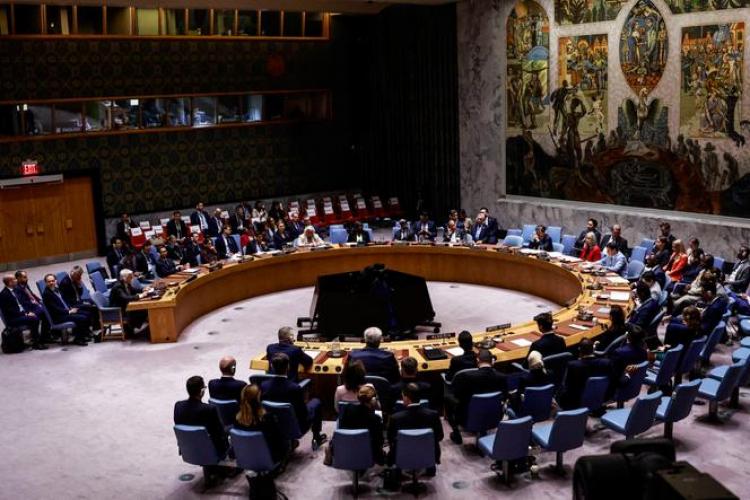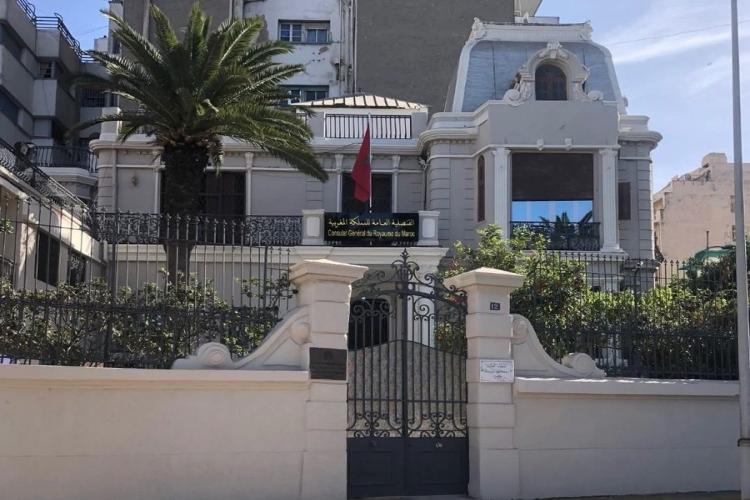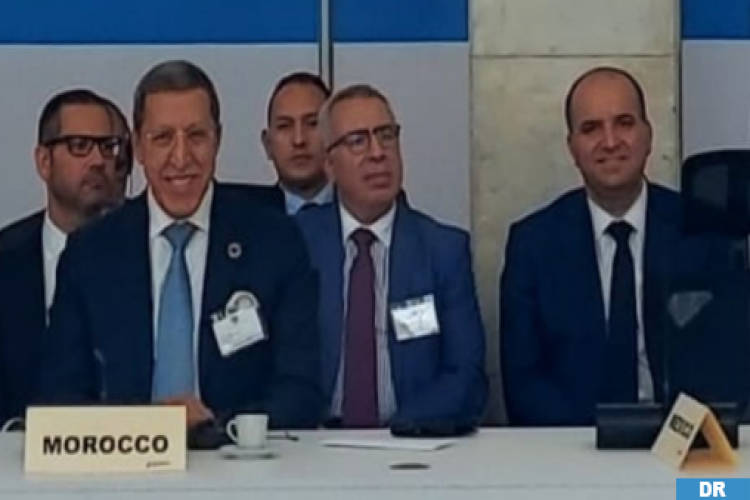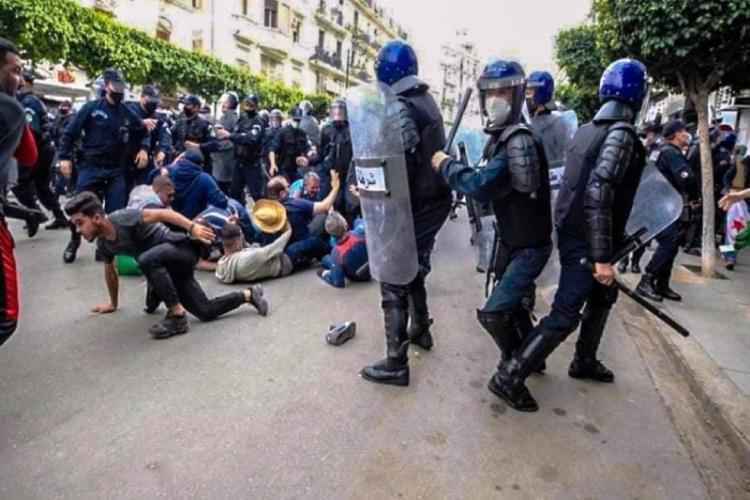Algeria, BRICS and Western Sahara
On August 24, 2023, the BRICS, the organization of emerging countries consisting of China, India, Brazil, Russia, and South Africa, announced the admission of 6 new members: Argentina, Saudi Arabia, Egypt, the United Arab Emirates, Ethiopia, and Iran. However, Algeria, which had also applied for membership, was rejected.
This setback is a blow to Algerian President Abdelmadjid Tebboune, who had made Algeria's BRICS membership a priority. In this article, we will explore the reasons why Algeria was excluded from this influential economic group and delve into the key factors that could have influenced this decision.
Firstly, membership in the BRICS is not automatic, and countries wishing to join the group must meet certain criteria. The main criteria include a strong economy, significant regional influence, political stability, and the ability to contribute positively to cooperation within the group.
A Strong Economy:
Algeria has an economy primarily based on hydrocarbons, with oil and natural gas playing a crucial role in the country's revenues. This has created a certain dependency on global energy price fluctuations, thereby exposing the Algerian economy to significant risks. The BRICS, on the other hand, is composed of members with diversified economies, which may not align with Algeria's current economic model. Economic diversification could be a prerequisite for joining a group like the BRICS.
Internal Instability and Security:
Political instability in certain regions of Algeria, coupled with security concerns related to terrorism, could have influenced this decision. BRICS members attach great importance to internal stability and security, and Algeria may not fully meet these criteria. A politically unstable situation could also compromise the cooperation and trust required within the group.
Western Sahara Issue :
In addition to these factors, it is also possible that Algeria's position on the Western Sahara issue played a role in its refusal to access the BRICS. Joining the group would have required economic and diplomatic commitments that could conflict with Algeria's stance on the Western Sahara issue, which contradicts the positions of other BRICS members, especially China, Brazil, Saudi Arabia, and the United Arab Emirates.
Conclusion:
The relationship between Algeria's position on the Western Sahara issue and its refusal to join the BRICS is complex and multifaceted. Geopolitical considerations, economic priorities, and regional concerns all played a role in this decision. As Algeria continues to advocate for the Polisario cause, it must also weigh the potential benefits of BRICS membership and the necessary compromises to achieve this goal. Resolving the Western Sahara issue could eventually pave the way for new diplomatic opportunities for Algeria, but it remains a significant challenge to overcome.









